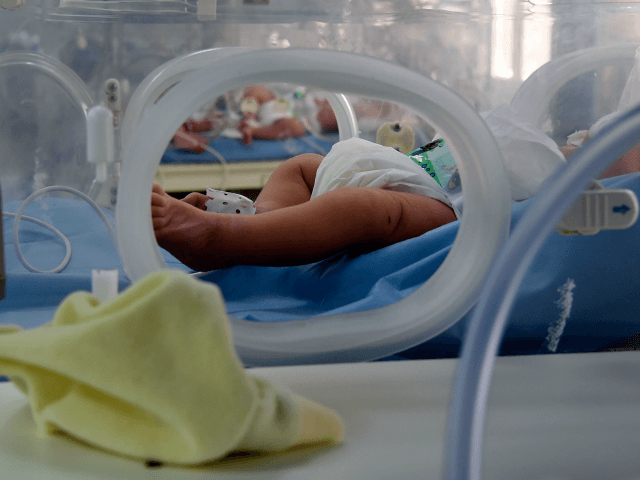Some hospitals in Japan have begun imposing conditions before attending to foreign patients and at least one has refused to treat non-Japanese residents, Mainichi Shimbun reported on Sunday.
The hospitals fear payment issues and potential medical accidents resulting from language miscommunication, among other concerns.
The NTT Medical Center in Tokyo has sought to ease potential concerns by hiring translators and interpreters to ensure a smooth treatment plan, Mainichi noted. The hospital facility receives additional government subsidy after it was designated by the central government as a hub for receiving foreign patients.
The facility recently sparked controversy after putting up a notice on its website and around the facility warning that if patients did not provide their insurance card nor present their status as residents, then the hospital retained the right to withhold treatment, with the exception of emergency cases.
Such policies are in violation of the Medical Practitioners Act, which prohibits doctors from refusing any request for examination or treatment without justification.
“We strive to enhance our identification of patients, partly for medical safety,” the NTT said in a statement provided to the Mainichi. “We perceived that having foreigners present their residence cards or passports, which they are required to carry, would be the best way.”
The spokesperson added that they also confirm the “identity of Japanese patients through their driver’s licenses or other official documents.” The notice has seen been removed from both the hospital and its website.
In Tokyo’s Shinjuku Ward, which has the highest concentration of foreign immigration among the capital’s 23 wards, comprising more than ten percent of the population, one maternity clinic announced that it would only work with patients who were capable of a “conversational level of Japanese,” arguing that misinterpretation could lead to serious accidents.
Despite having one of the most stringent immigration systems in the world, Japan has recently embraced a policy of bringing more immigrants and foreign visitors into the country as part of a strategy for economic growth, particularly in anticipation of Tokyo hosting the 2020 Summer Olympics. However, the recent controversy over the refusal of medical treatments has drawn criticism as being hostile to foreigners.
Yoneyuki Kobayashi, president of the AMDA International Medical Information Center, told the newspaper that hospitals needed to relax their rules. “Foreigners in Japan account for over 2 percent of the population, and it’s difficult now for them to receive treatment only at specified medical institutions,” he said. “We first need to adopt a stance of accepting them at any medical institution, like Japanese people.”
Japan has a universal healthcare system where patients are required to pay a flat rate for treatment at any public facility. However, many facilities are charging foreigners or tourists extra for treatment, which despite bringing in vital additional income, has also led to an uptick of people not paying their medical bills. In a survey by the ministry of health last year, around 20 percent of the 1,965 medical facilities accepting foreign patients reported outstanding fees.
Follow Ben Kew on Facebook, Twitter at @ben_kew, or email him at bkew@breitbart.com.

COMMENTS
Please let us know if you're having issues with commenting.